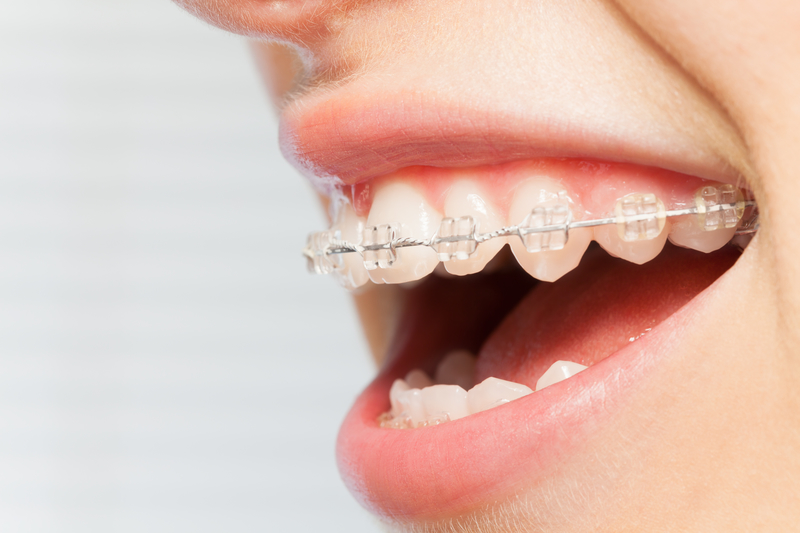Why You Might Need Surgical Orthodontics

Jaw problems that are not treatable through conservative methods require surgery. The treatment of skeletal irregularities in the jaw falls under surgical orthodontics. You might require jaw surgery if your upper jaw (maxilla) does not align with your lower jaw (mandible). Pendleton Orthodontics can help with your jaw evaluation and offer treatment options customized for your needs.
Also referred to as orthognathic surgery, surgical orthodontics combined with other forms of treatment, can take more than a year for you to heal completely.
Causes of jaw problems
Your jaw problems can have two causes: congenital causes and jaw problems caused by medical conditions, and traumatic impacts like injuries.
Congenital causes are disabilities that you are born with. They include open bite, crossbite, underbite, overbite, cleft lip, and palate. Jaw problems caused by traumatic impact can be injuries from a car accident, a hard punch on the face, or falling. Medical conditions resulting in jaw problems include Temporomandibular Joint (TMJ) disorders, obstructive sleep apnea, and growth disorders.
What happens before and after orthognathic surgery?
Before the surgery, your provider will discuss the outcome of the procedure. They will ask for tests, scans, and dental impressions to help prepare for the surgeries. Your provider will also ascertain what other treatments you will use alongside the surgeries. If you require braces, they will ensure you wear them before the surgery.
Immediately after surgery, your doctor will keep you in the hospital for up to four days for daily monitoring. Once you are ready to go home, you will receive guidelines on how to take care of yourself. Other guidelines will include:
- Eat a liquid diet for the first several weeks.
- Wear your mouth splint except when you eat or clean your teeth.
- Sleep with your head raised to reduce swelling.
- Take medications for pain and swelling .
What should you watch out for after surgery?
- A high fever
- A smelly discharge from the surgical site
- Separating stitches
Types of jaw surgeries
There are three types of jaw surgeries. The surgeries work by aligning the jaws, especially if they stick out too much or too little. Your doctor will recommend a specific surgery according to the location of your jaw problem.
Maxillary osteotomy– surgery for the upper jaw
Mandibular osteotomy– surgery for the lower jaw
Bilateral osteotomy– also referred to as double jaw surgery, it works on both jaws.
Complications of orthognathic surgery
Jaw surgeries can carry a series of risk factors or complications. Although some of them are rare, the following are the most common you can experience:
- Bleeding more than expected
- You have jaw joint issues
- Your bones do not heal as expected
- You can’t open your mouth as wide as you would like
- Recurrence of the problem that you were treating
If you have jaw problems that hinder activities like chewing or speaking, you can visit Pendleton Orthodontics for comprehensive evaluation and treatment. The specialists at the center will discuss with you the most appropriate surgery for your jaw condition. Call or schedule an appointment online today.







